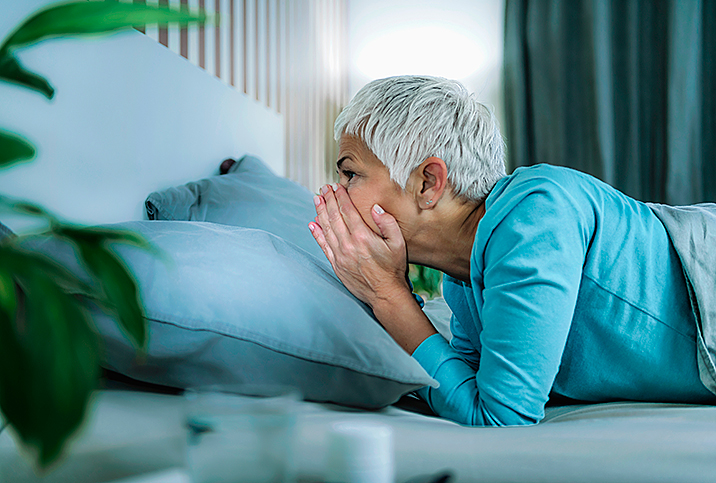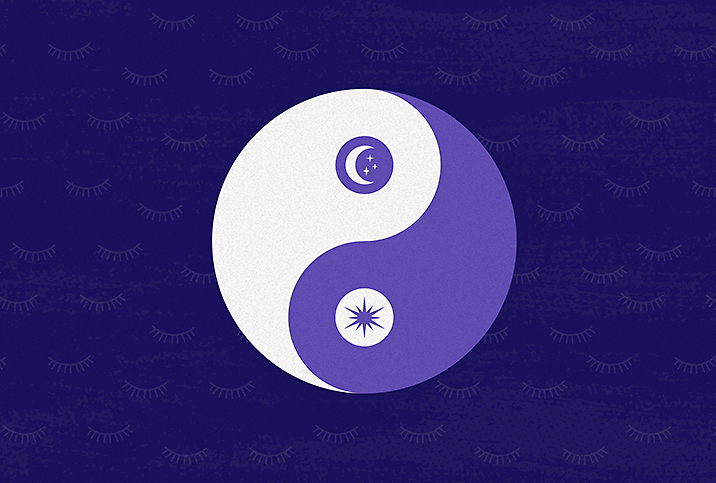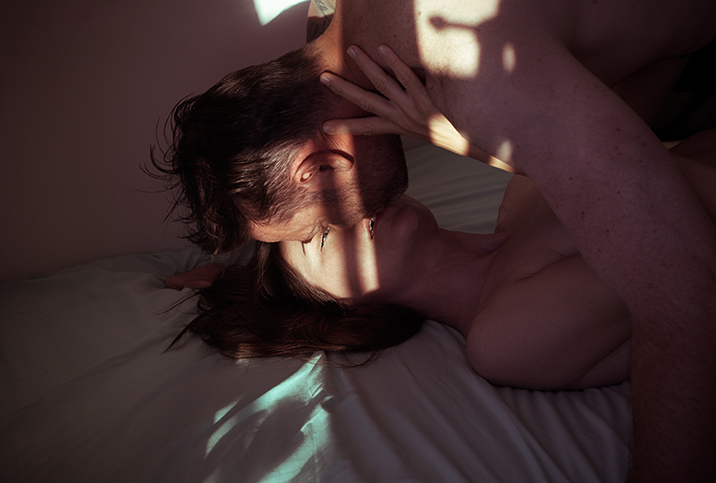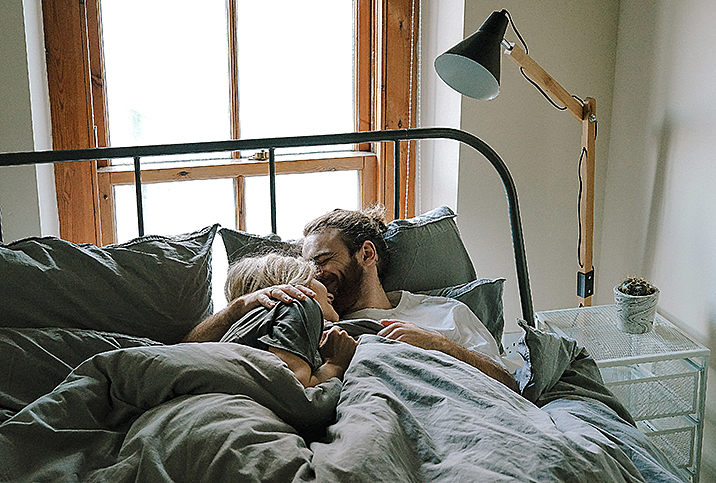Daylight Saving Time Does Affect Your Sleep

At best, the daylight saving time change in the spring can have us lagging and feeling out of it for a few days. At worst, we know it increases the risk of vehicular accidents, negative mental health symptoms and fatal cardiac events, and lowers workplace productivity.
Then there's our sleep patterns. The circadian rhythm is the 24-hour cycle of the body's internal clock and is affected by the light/dark cycle of sunrise and sunset.
"On average, it takes the circadian rhythm six months to adjust to a change in sleep pattern," according to Abhinav Singh, M.D., a sleep specialist and facility director of the Indiana Sleep Center.
The impacts of time on sleep
"The short-term impacts of the time change can take four to five days to overcome," Singh added, but the structural sleep pattern change can take months to settle. "Essentially, by the time our body adjusts, we go through the next time change. This continual pattern of adjusting and readjusting our sleep patterns is just one way that our society devalues the need for quality sleep hygiene."
In addition to the time change, any long-term sleep pattern change, such as a permanent switch in work schedule or frequent travel across time zones, can cause sleep disturbances. However, when a person travels, they know to exercise caution to prevent or cope with the impacts. Unfortunately, we don't think about these coping strategies when the time change occurs. Due to these unaddressed impacts, many organizations actively speak out against the archaic clock manipulation: 29 states have introduced legislation so they don't have to change their clocks ever again, and a bill on the same matter is facing the U.S. Congress.
"Time change is a relic of the past, and the American Academy of Sleep Medicine confirms that this desynchronizes our internal clock for six months, and they recommend stopping the practice," Singh said. "When you move [clocks] forward, this changes your brain's connection to the light patterns of sunlight and sunset, and this impacts your brain's ability to know when it's time to sleep."
Singh explained that during time zone movement, your body can quickly adjust to this pattern because you can synchronize your sleep with the sun movement of the new location.
"People are creatures of habit, so if you tend to go to bed at 11 p.m., you will likely do this regardless of time zone," Singh clarified. "But the time change forces us to change our sleep pattern in a way that disrupts this balance, regardless of what time you go to bed."
Acute impacts of the time change
In addition to the disruption of the circadian rhythm, time change creates a potential for acute health setbacks.
Stroke rates are 8 percent higher in the first two days following the time change, according to UT Southwestern Medical Center in Dallas.
This might not seem like much, but according to the Centers for Disease Control and Prevention (CDC), 1 of every 3 people practices a behavior that increases their risk for stroke. When you consider someone in the United States has a stroke every 40 seconds, that's not a number we need to see rise because we're changing the clocks.
In addition to the physical dangers, mental health events also increase following the time change.
"It's well-documented that in the first two weeks following the time change that people feel out of control," said Kimberly Piscarik, a licensed clinical social worker in Wilkes-Barre, Pennsylvania. "For individuals coping with mental health conditions, we see increased symptoms of depression, anxiety, brain fog and even intensified manic or depressive episodes for patients with bipolar disorder."
How to cope with the time change
No tried-and-true way exists for everyone to cope with the time change. However, you can consider how you're impacted and set plans in place to offset those impacts. A few precautions can ease most people through the time change.
Begin your preparation by going to bed a few minutes earlier each night in the weeks leading up to the time change. University of Colorado Health also recommends practicing self-care strategies such as proper nutrition to promote a balanced system and regular exercise to promote healthy and restful sleep. You can invest in an alarm clock that simulates natural light to help your brain wake up more naturally by creating gradually brighter light 30 minutes before your alarm rings. This natural light exposure stimulates your brain the same way the rising sun would.
However you cope with biannual time changes, it's worth keeping an eye on legislative efforts to stop the practice. Your health may hang in the balance.


















